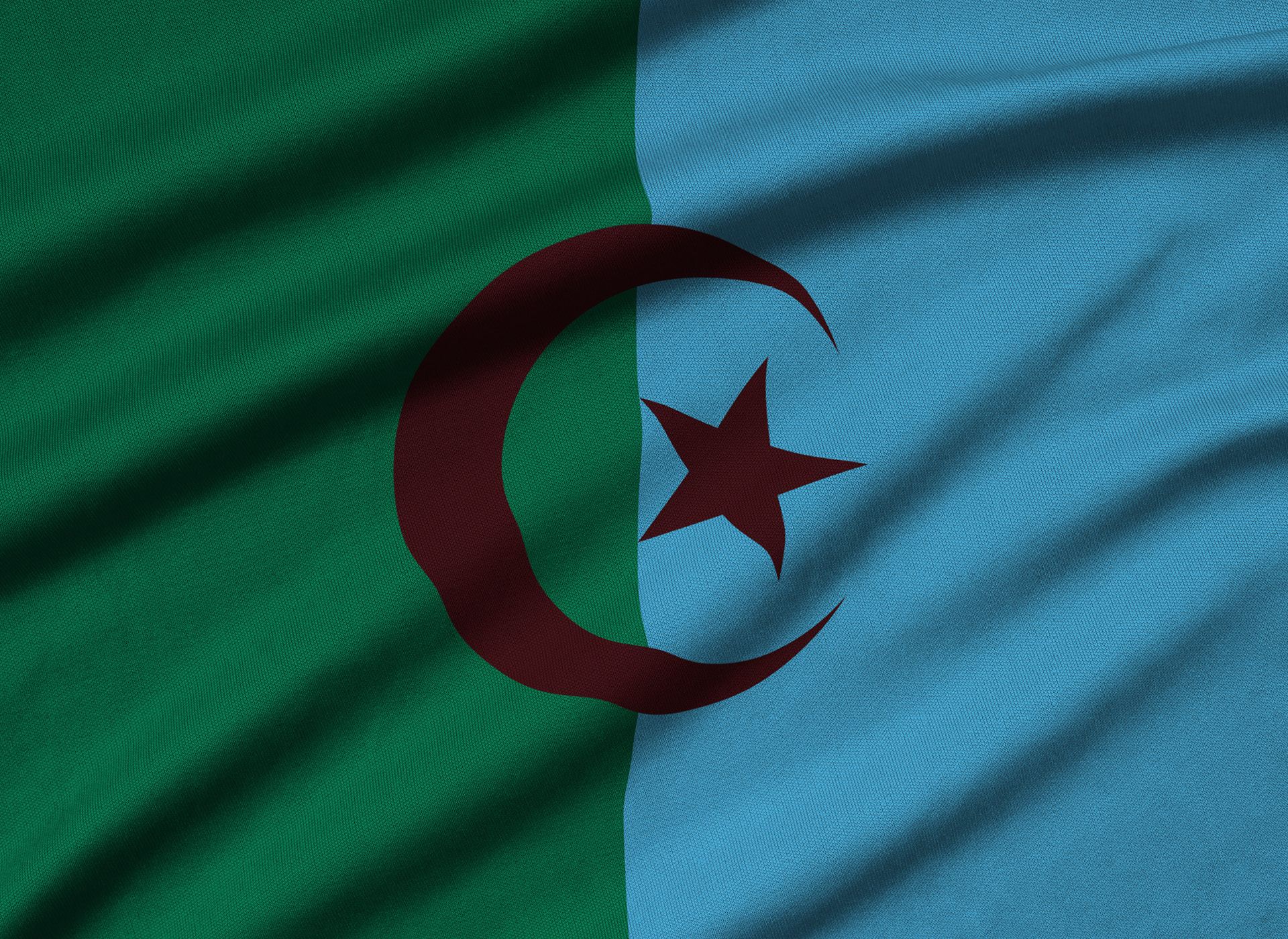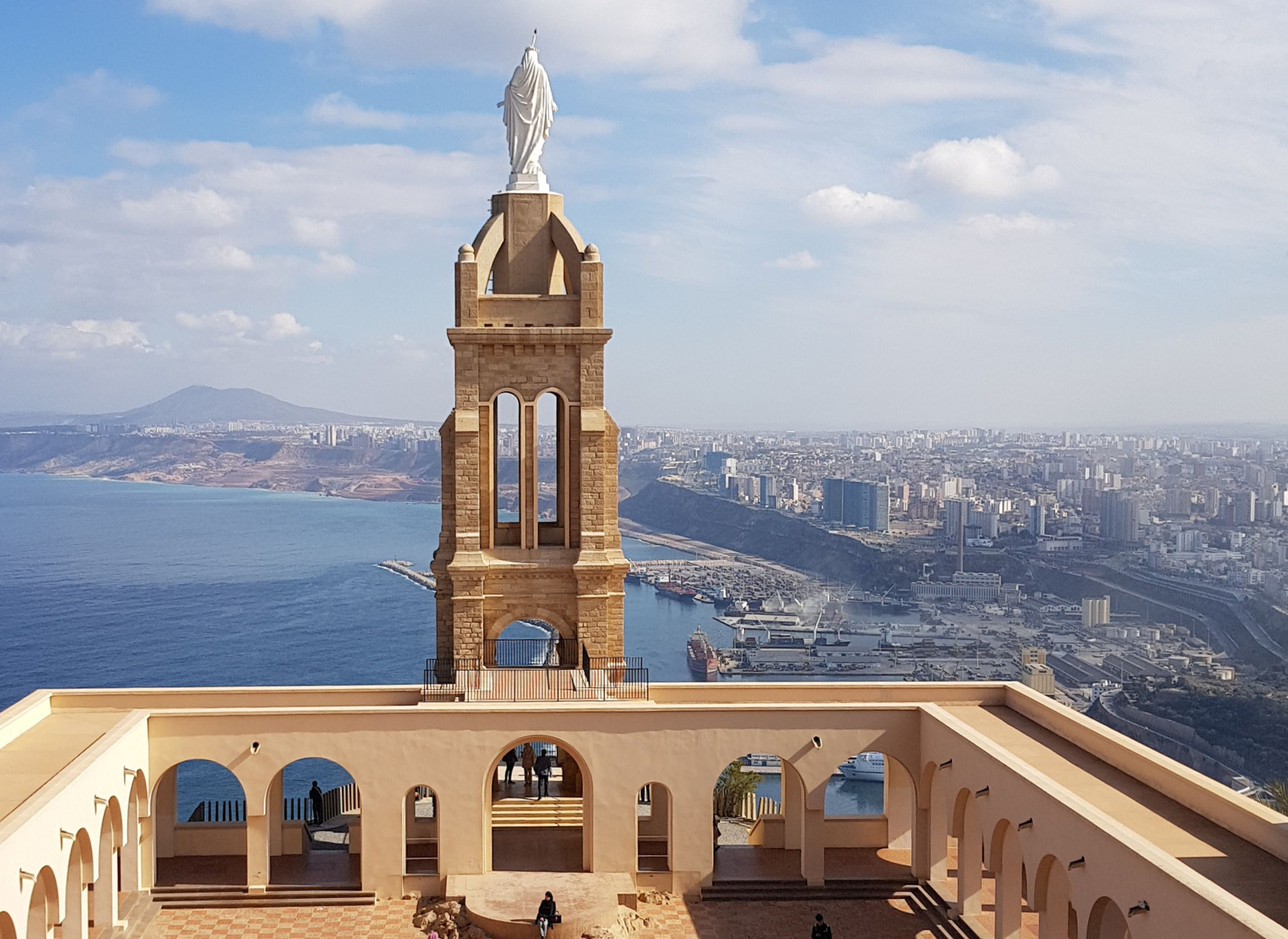On November 6, 2024, the Bank of Algeria issued a key statement announcing the resumption of banking transactions between Algeria and Spain, thus lifting the trade blockade that had existed for more than two years. This measure brings long-awaited relief to Spanish exporters who saw their access to one of the most important markets in North Africa interrupted. Here we tell you why this country is an important market for Spain.
Algeria as an international trade market
Algeria is the largest African nation by area and has an economy based primarily on its energy resources, such as oil and natural gas, which account for a large part of its exports. In terms of GDP, Algeria is the second largest country in North Africa, behind Egypt, and the fourth largest country in Africa as a whole (after Nigeria, Egypt and South Africa). Algeria’s gas reserves account for approximately 2.2% of the world’s reserves.
In 2023, Algeria will position itself as the second largest exporter of natural gas to the European Union via pipelines, accounting for 19% of total exports. In 2023, Spain will purchase 29.2% of all imported gas from Algeria (compared to 23.9% the previous year). In addition to hydrocarbons, which make up more than 90% of its exports, Algeria also exports products such as fertilizers and certain minerals.
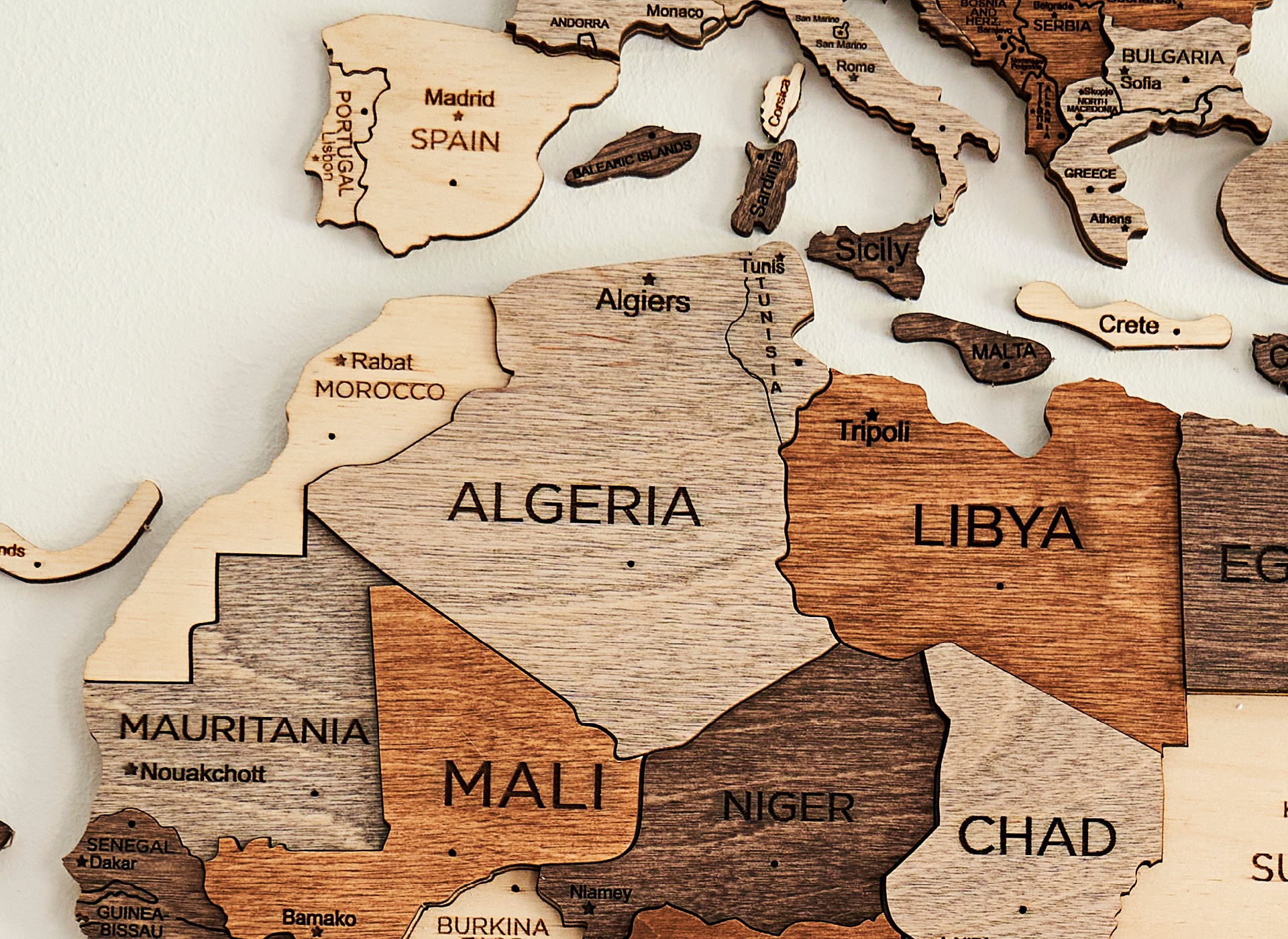
In 2023, Algeria’s mining sector will be revitalised by the launch of large-scale megaprojects. Among them, the exploitation of the Gara Djebilet iron ore deposit stands out, which is expected to produce between 2 and 3 million tonnes per year until 2025, with an ambitious increase to 50 million tonnes per year by 2026. In addition, the Béchar steel complex is expected to be completed in 2026, following an investment of $1 billion.
Meanwhile, the integrated phosphate project in the east of the country, with a budget of around $7 billion, aims to achieve an annual production of more than 6 million tonnes of phosphate products. These developments project a promising future for both the mining industry and the national economy, consolidating Algeria as a key player in the global mineral resources market. In terms of imports, the country depends on food products, machinery, transportation equipment, consumer goods and construction materials. (Source: Economic and Commercial Office of Spain in Algiers, June 2024.)
According to IMF data, Algerian exports in 2023 were worth USD 58.7 billion, up 15% from the previous year. In the same period, imports were worth USD 52.6 billion, up 12.6% from the previous year.
Strategically located in North Africa and with a coastline on the Mediterranean Sea, Algeria shares borders with Tunisia, Libya, Niger, Mali, Mauritania, Western Sahara and Morocco. However, its trade relations with Morocco have been marked by political tensions, limiting direct trade between the two countries. Algeria has a developing infrastructure, although it faces significant challenges, such as the need to modernize its ports and improve its land transport networks.
The port of Algiers, for example, is one of the main entry and exit points of the country, but faces problems of congestion and limited capacity. Other ports, such as Djen Djen, are being developed to improve cargo reception capacity and reduce pressure on Algiers.
The transport system in Algeria, particularly land transport, which accounts for 85-90% of total transport, presents obstacles due to the vastness of the territory and the lack of a consolidated logistics network. This represents a challenge for companies seeking to deliver products to different regions of the country. Investment in infrastructure remains a priority, but it requires time and resources to be implemented.
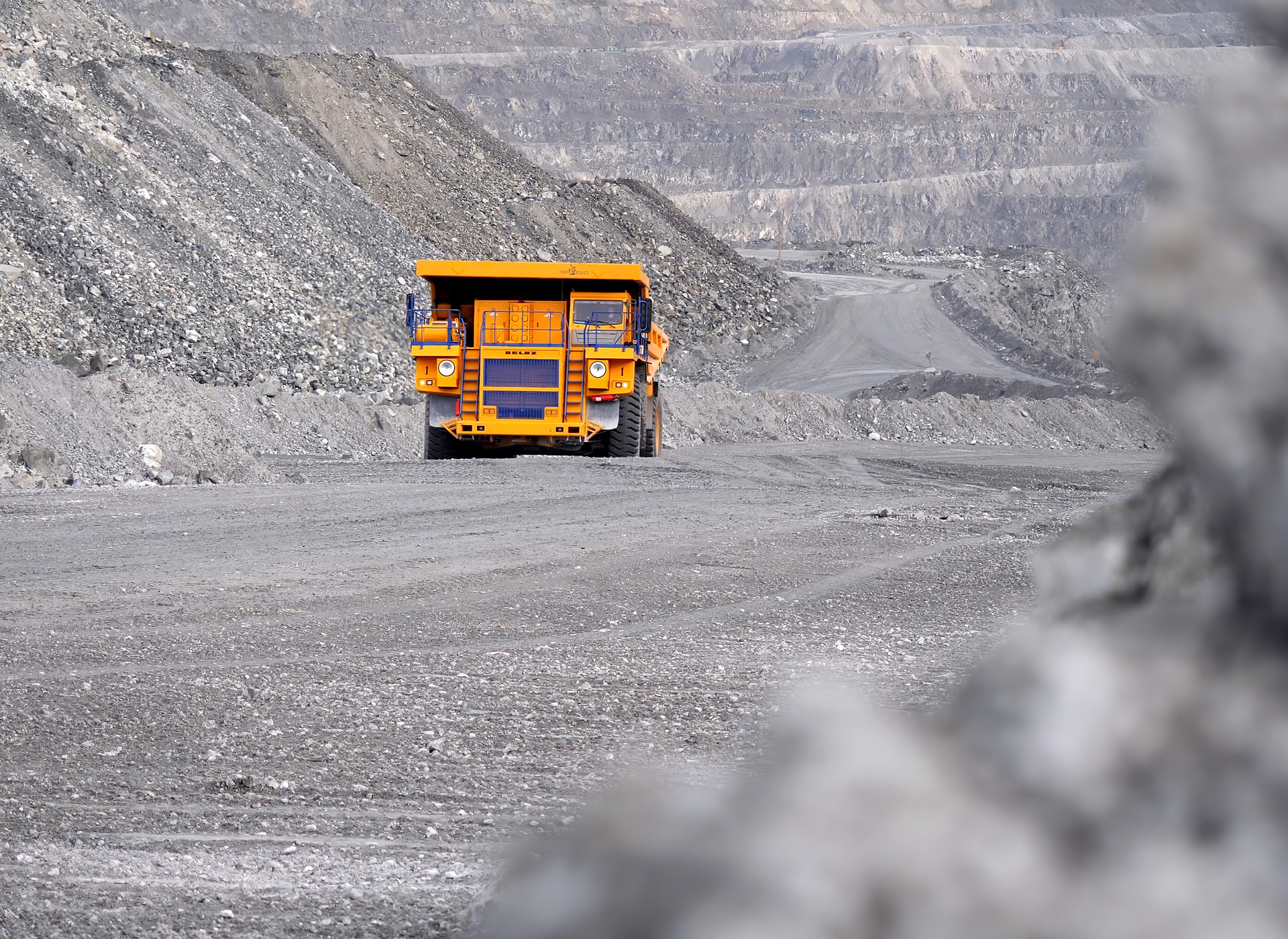
Trade relations between Algeria and Spain
Historically, Algeria and Spain have had a strong trade relationship, especially in the energy sector, as Algeria has been a key supplier of natural gas to Spain. However, in 2022, these relations suffered a significant deterioration due to political differences regarding sensitive issues for both countries, resulting in the blocking of commercial transactions.
This blockage affected strategic sectors and led to a drop in Spanish exports to Algeria. For companies such as Transped and other players in the logistics sector, this meant a drastic decrease in activity in an important market.
The resumption of trade between Algeria and Spain opens up new prospects for economic development and cooperation between the two countries.
With the recent resumption of banking transactions, trade between the two countries is expected to pick up quickly. In the last year before the lockdown, Spain’s exports to Algeria included high value-added products, machinery, construction materials, agri-food products and consumer goods.
Spanish exports in 2023 are quite diversified, with the following standing out: motor vehicles (57%), ships and boats (9%), electrical equipment and material (6%), essential oils and perfumery (6%), mechanical machines and equipment (5%), iron and steel manufactures (3%), non-knit clothing (2%), knitted clothing (2%), furniture, chairs and lamps (2%). (Source: Economic and Commercial Office of Spain in Algiers, June 2024.)
The resumption of trade relations also represents an opportunity for Spain to resume its position as one of Algeria’s main partners within the European Union. This could lead to an increase in trade and the opening of new opportunities in sectors such as agriculture, construction and technology, which are areas in which Spain has much to offer Algeria.
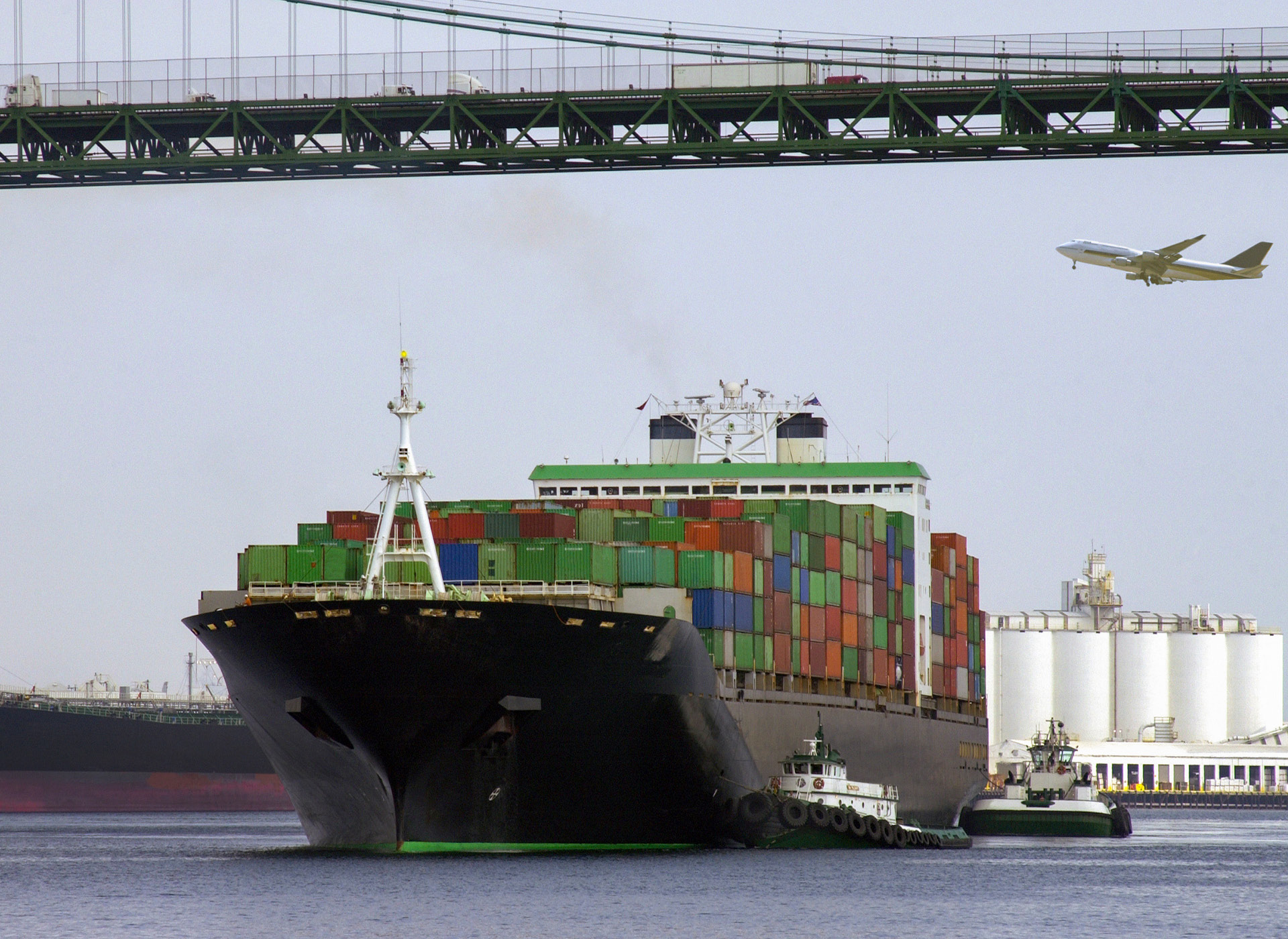
Transped transport services to Algeria
With the lifting of the blockade, Transped’s clients once again have access to its services for exporting products to the Algerian market. These services include land transport, where Transped offers consolidated industrial transport and food, both from the ports of Valencia and Almería. This modality allows loads from different clients to be combined strategically, maximising the use of space in trucks and reducing transport costs. This approach is ideal for companies that require greater speed for their shipments or extra-sized industrial loads.
In the field of containerised maritime transport, Transped regularly operates on routes between the ports of Barcelona, Valencia and Algeciras in Spain, and the ports of Algiers, Oran, Bejaia, Skikda, Annaba, Djen Djen, Mostaganem and Ghazaouet in Algeria. The regular service on these routes with the different shipping companies existing in the market ensures Transped’s customers a constant frequency and reliable logistics planning, which is essential to meet delivery times and respond to the demands of the Algerian market, both for full container loads and grouped cargo.
With its own offices in China, India and Türkiye (among others), Transped also offers the possibility of carrying out triangular operations between these countries and Algeria.
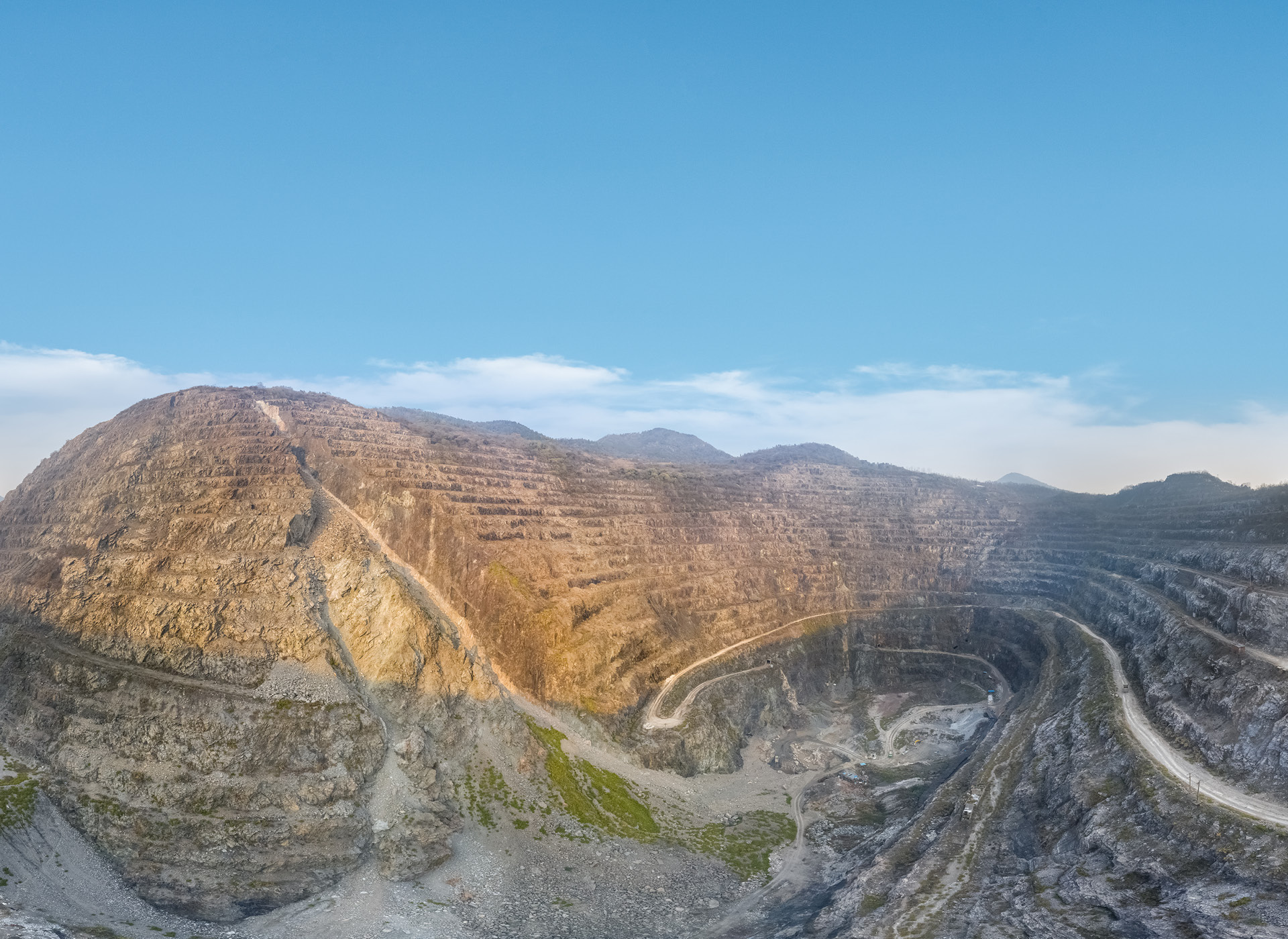
Also assisted by our offices in Algeria (Algiers and Oran) which help facilitate customs clearance and transport to the door of the Algerian client, and at the same time offer an additional service of tracking their loads to Spanish clients. On the other hand, it is also worth highlighting the possibility of exceptional cargo, both for oversized cargo and for the possibility of chartering entire ships.
Finally, although it is not the most common means of transport between Spain and Algeria, there is also the possibility of air transport between Spain and Algeria, where there are regular and direct services from the airports of Madrid Barajas, Barcelona El Prat, Palma, Valencia and Alicante, with the airports of Algiers and Oran.
